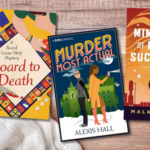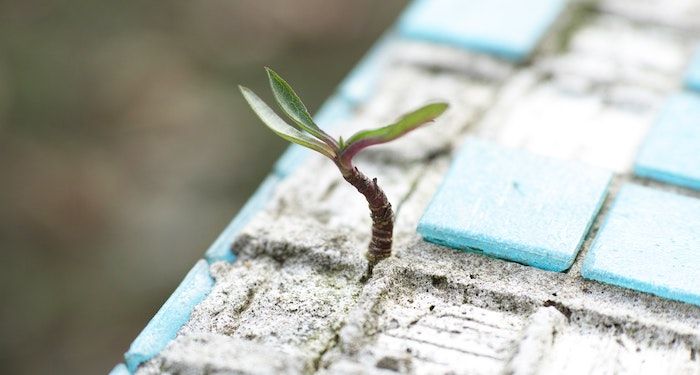
What to Read When the World Feels Hopeless
Feeling hopeless, in our current world, is both easy and completely understandable. The climate crisis has reached a point where slow changes are no longer enough — only drastic ecological solutions, ones that will have a serious impact on how we live, are going to be able to avert the upcoming climate disaster. Bigotry and right-wing views are on the rise, with medical and bodily autonomy threatened by the overturning of Roe v. Wade in the U.S., and the specter of Section 28 rising in the UK as anti-LGBT+ rhetoric, particularly transphobia, dominates mainstream political and media discussion. Racism, sexism, ableism and all other forms of prejudice are on the rise, and the gap between rich and poor has never been wider. So many things seem to be going so very wrong all at once — how can we possibly do anything in the face of such insurmountable odds?
As someone who gets lost in hopelessness and despair all too often, I’ve found that the way to truly pull myself out of it is taking action, finding community, and doing the work in front of me. Escapism is a necessary and useful distraction — like any other kind of rest, switching off for a short period of time and letting your brain grapple with low-stakes entertainment is crucial to avoid burnout. But in the long-term, the way to beat hopelessness is to work for hope, and band together with others who are doing the same. These books tell the stories of people who have done just that, or outline approaches to fight against the rising tide of hopelessness without being overwhelmed.
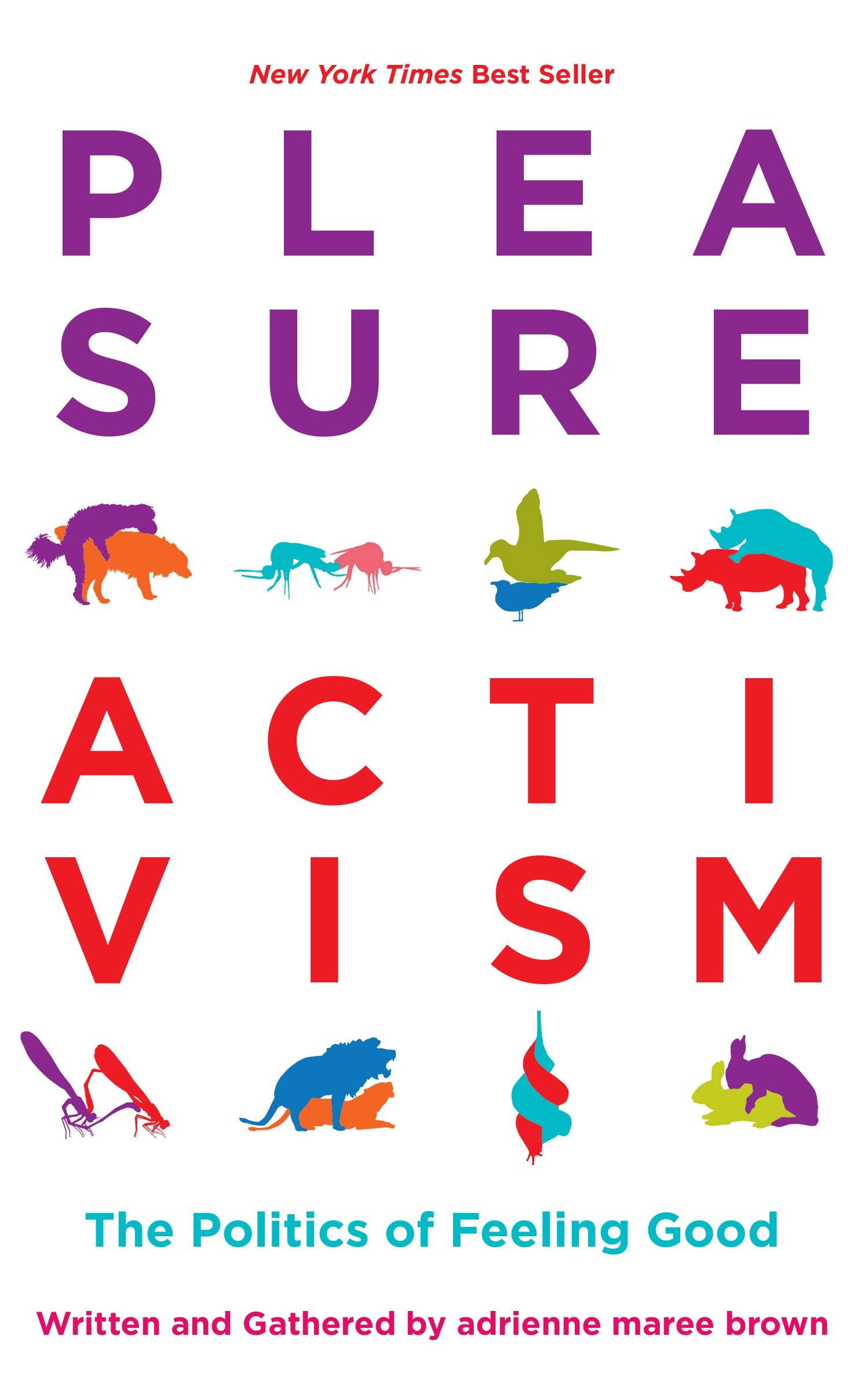
Pleasure Activism written and edited by adrienne maree brown
The stereotype of the “social justice warrior” or the “feminist killjoy” serves to make activism feel like a thankless task — if you’re enjoying your activist work, you must be doing it wrong. brown turns this concept on its head in Pleasure Activism, using Black feminist approaches in a collection that aims to reframe activism as a joyful and pleasurable activity.
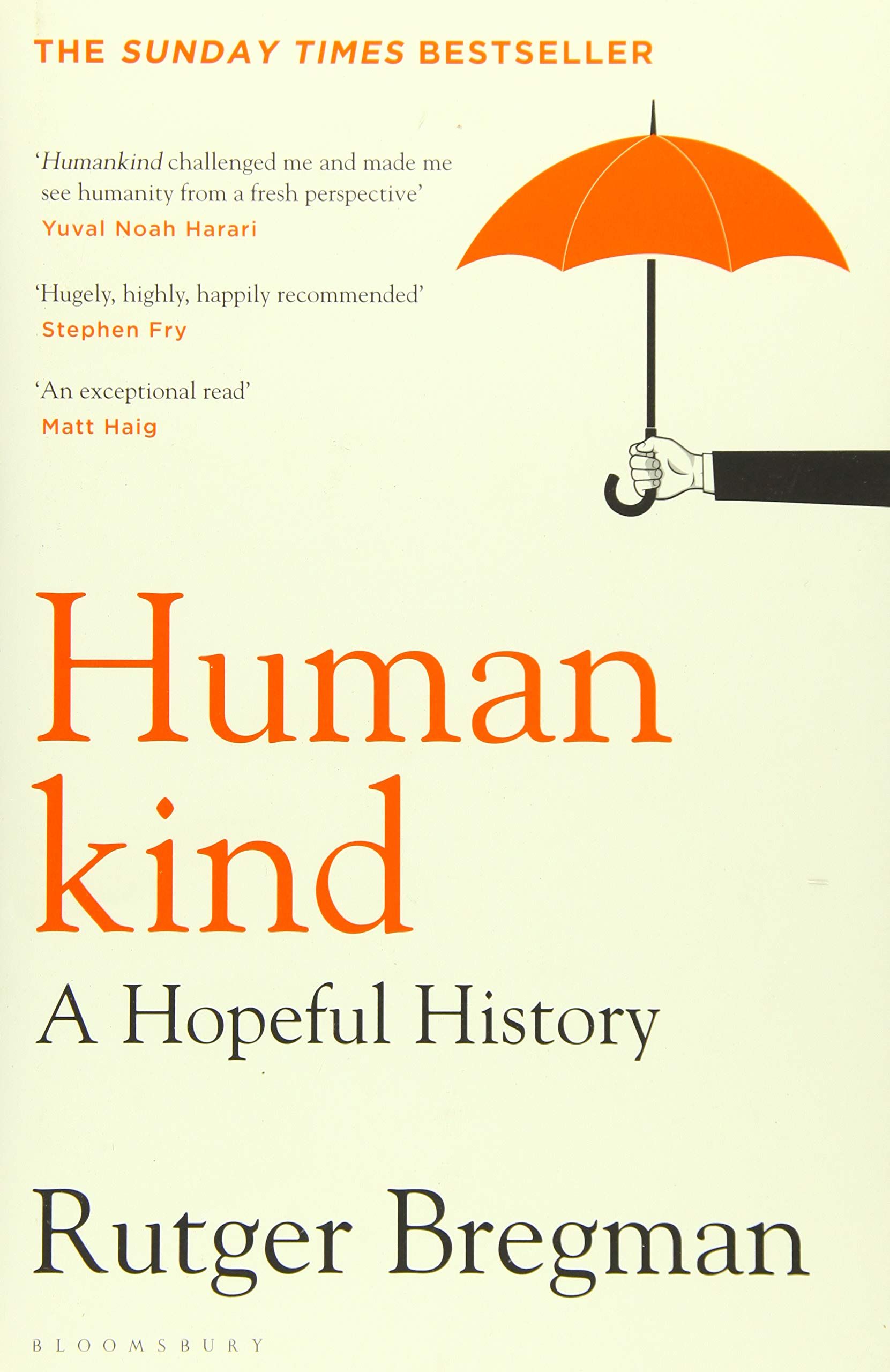
Humankind: A Hopeful History by Rutger Bregman
Bregman’s book counters fatalistic thinking by making a key assumption: most people are good. Humankind examines altruism throughout human history, giving several uplifting examples, and spreads the hopeful message that there are many, many people out there who want to do the best they can for everyone around them.
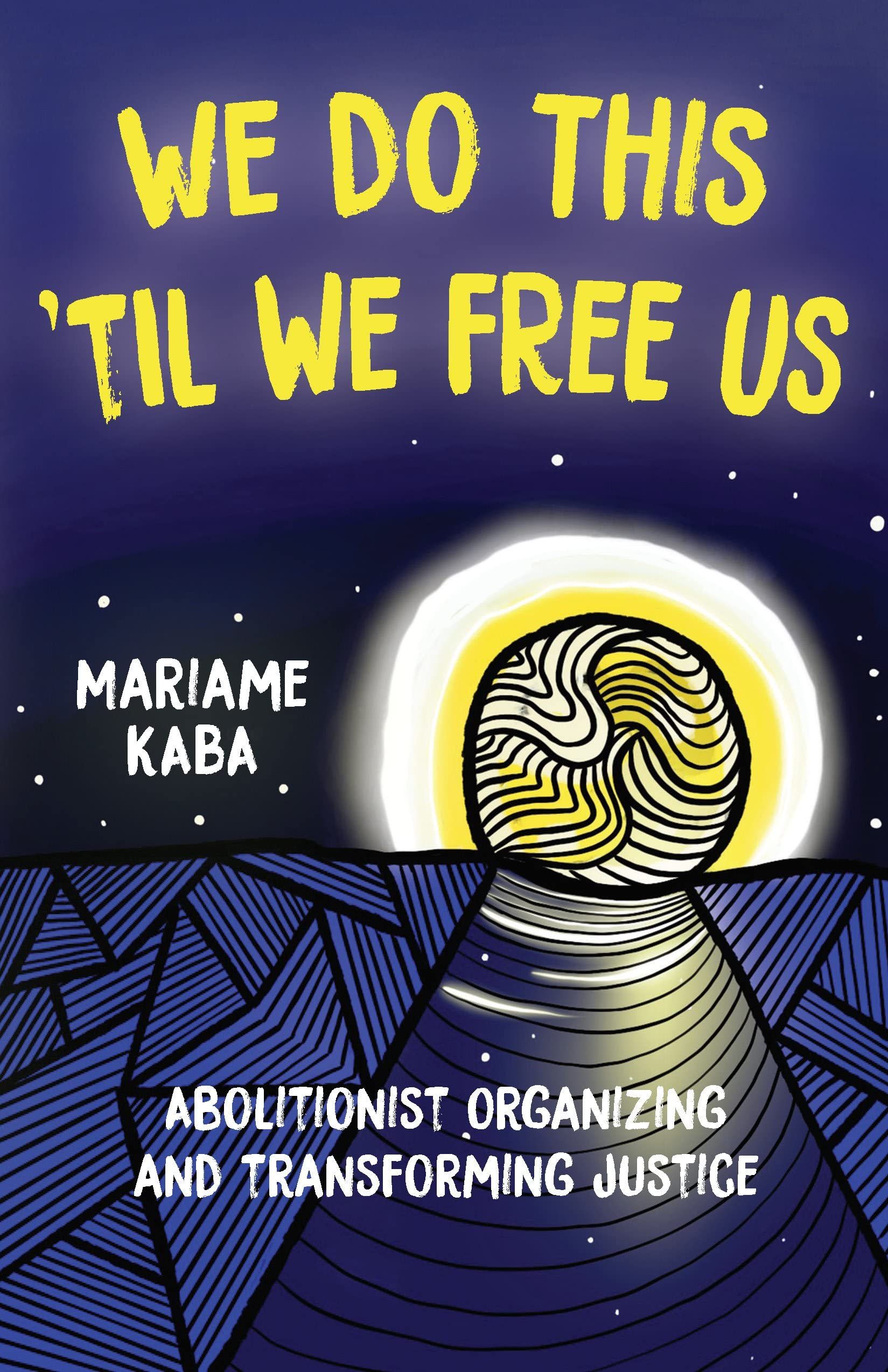
We Do This ’til We Free Us: Abolitionist Organizing and Transforming Justice by Mariame Kaba
Sometimes, the root of hopelessness is not knowing where to start. Kaba’s book is a pragmatic and uplifting look at how to organise with others to meaningfully transform society into something better, based around interviews with other activists and essays about abolitionism.
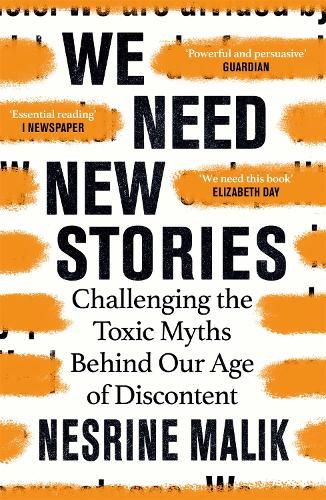
We Need New Stories by Nesrine Malik
One of the most frustrating things about fighting for a better future is the way that activist words and frameworks have been weaponised in service of the status quo — think “cancel culture” handwringing that invariably defends people with the greatest amount of social power, while ignoring the silencing of marginalised people. Journalist and author Nesrine Malik looks at the “toxic myths” put forward by many mainstream sources, and analyses the ways that culture wars are used to manipulate and distract.
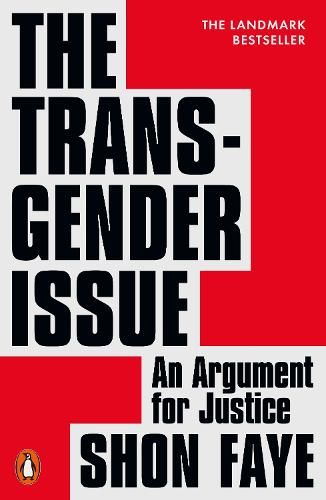
The Transgender Issue by Shon Faye
While mainly focused on the UK, The Transgender Issue is a useful read for anyone interested in inclusive feminism and justice the world over. Shon Faye’s debut provides many useful counters for arguments that trans rights and cis women’s rights are in opposition, and sets out a framework for fighting for liberation and a better world for all of us.
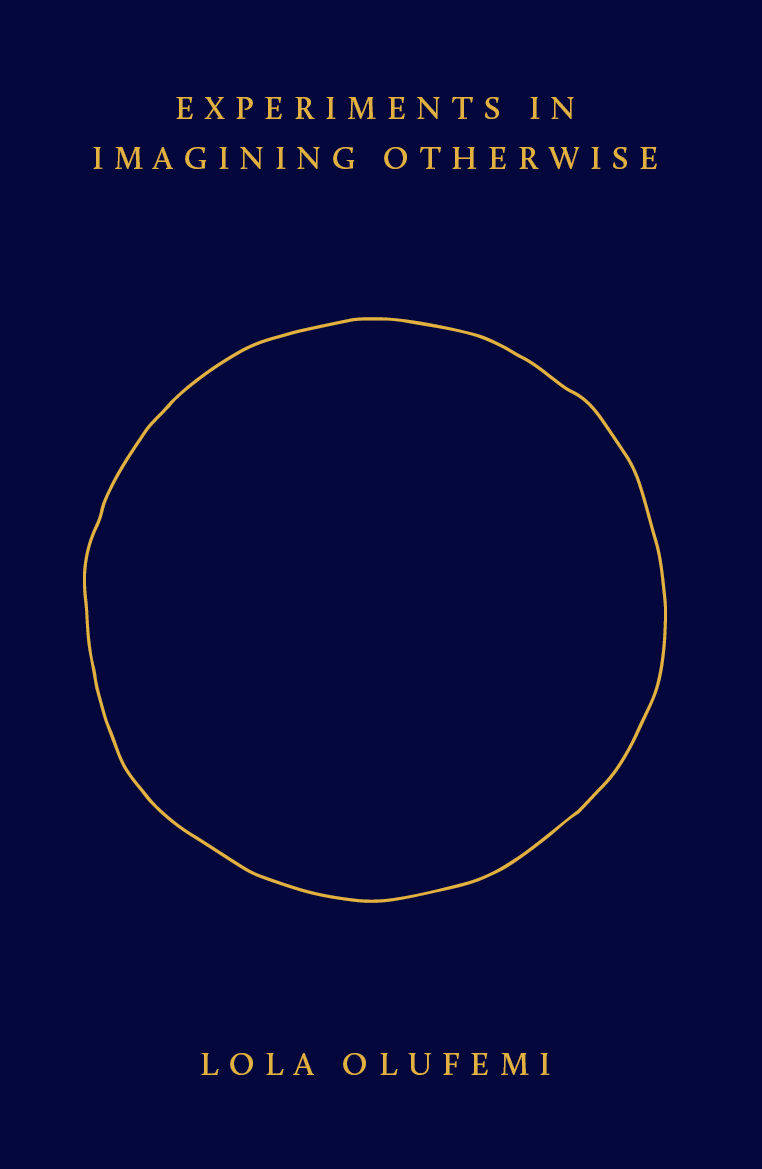
Experiments in Imagining Otherwise by Lola Olufemi
Olufemi is the author of Feminism, Interrupted, and Experiments in Imagining Otherwise is just as much of a groundbreaking and necessary read as her first book. A mixture of prose and poetry, Experiments in Imagining Otherwise looks at the world we could build, and the joy and liberation that we have the potential to achieve.
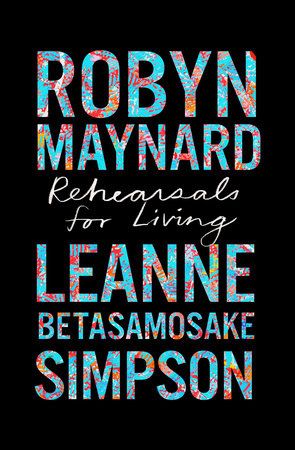
Rehearsals for Living by Robyn Maynard and Leanne Betasamosake Simpson
Rehearsals for Living began as a series of letters between two authors, and their discussions of racist police violence, climate change, and the COVID-19 pandemic grew into a fascinating text on abolitionist principles. The book not only gives an in-depth look into Black and Indigenous perspectives on our present political situation, it also emphasises the need for connection that we must forge to fight hopelessness.
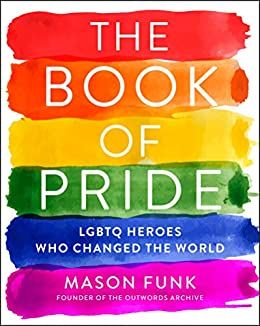
The Book of Pride: LGBTQ Heroes Who Changed the World by Mason Funk
One of the best ways to counter feelings of hopelessness is to look at the stories of the people who came before us, who fought for their rights and won. The Book of Pride looks at the history of the LGBTQ+ rights movement, focusing on several important figures who made change in their lifetimes.
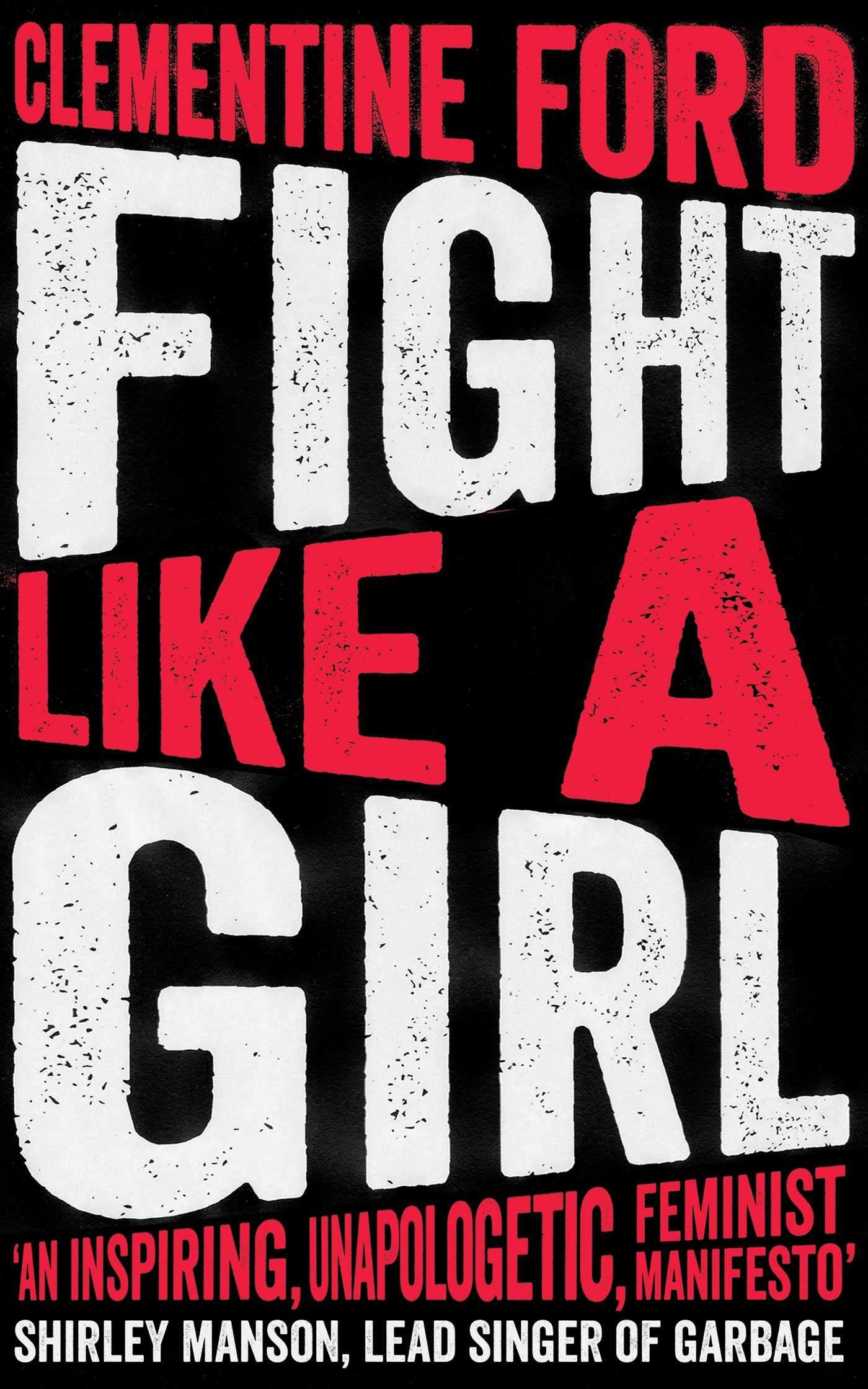
Fight Like a Girl by Clementine Ford
A mixture of memoir and manifesto, Fight Like a Girl is a guide for feminist activists old and new. Sometimes anger can be a crucial ingredient in the fight for a more hopeful future, and Ford’s book shows readers how to harness that anger and turn it to a useful purpose.
While the odds are high, there are plenty of reasons to be hopeful. And taking action, however big or small, will help feed that hopefulness not just for yourself, but for everyone around you. For a look at one specific activist frontier, try 8 of the Best Books About Digital Activism. For the times when you need to take a break and focus on self care, check out 19 Escapist Reads for When You Just Can’t and SFF I’m Reading Right Now to Escape the Hellscape That Is Our Timeline.









